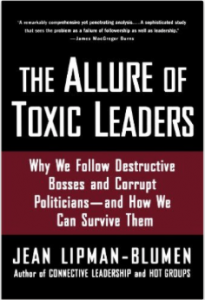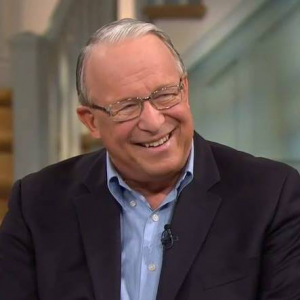Home » Christian Living » Easter
Category Archives: Easter
Courage to Oppose Toxic Leaders
He shared in their humanity so that he might free those who were held in slavery by their fear of death. Hebrews 2:14-15
“How does the resurrection of Jesus transform your understanding and practice of leadership?” If someone asked you this question could you answer it clearly?
If this most pivotal event at the core of our faith doesn’t have an impact on how we lead then surely something is wrong. Isn’t it?
Toxic Leaders and the Fear of Death
As I thought about this point, I recalled a fascinating analysis of toxic leadership provided by Jean Lipman-Blumen in her book on toxic leadership. As with other poisonous things, these leaders come in varying degrees of toxicity.

Petty Tyrants. Some are mildly poisonous—one might say “not altogether bad”—and are found in small domains, offices, churches and ministries. They set unreasonable goals, promote excessive internal competiton, and create cultures of blame.
(more…)Let’s Be Easter People!
“Never abandon yourselves to despair, for we are the
Easter people and hallelujah is our song.”
It can be interesting to think about what a religious historian one hundred years from now might write about our own time. What would the perspective of history say about the trends of today? What follows is a small attempt to capture a bit of that future history. It has not yet been written, but perhaps someday it could be. So use your imagination when you read what follows.
An excerpt from John Arthur Hargerston, History of the North American Church in the Early 21st Century (Nashville: Century 22 Publishing, 2134), s.v. “Easter People.”
The Easter People. “Easter People” has been used to describe one of three influential orientations common among evangelicals in the early 21st century. The other two are “Power People” and “Fortress People.”
Power People. The “Power People” movement developed among evangelicals who were determined to oppose erosion of what they believed was a cultural consensus from the 19th century that incorporated Christian moral principles. Power People understood themselves as an embattled minority fighting to preserve decency, family values, and godly government. They worked to mobilize public outrage, lobby politicians, and pass new laws. Many took on roles as political activists and power brokers. The Power People movement ultimately failed as the surrounding culture counter-moblized, bringing to bear on the issues greater social leverage than the Christian minority could muster. A secondary factor in the movement’s failure was that growing numbers of evangelicals became disillusioned with political battles as a strategy for carrying out the mission of the church. Over time the Power People communities withered as members departed to merge either into the secular culture where power-oriented strategies were more accepted or into one of the other main evangelical movements of the time. (more…)
